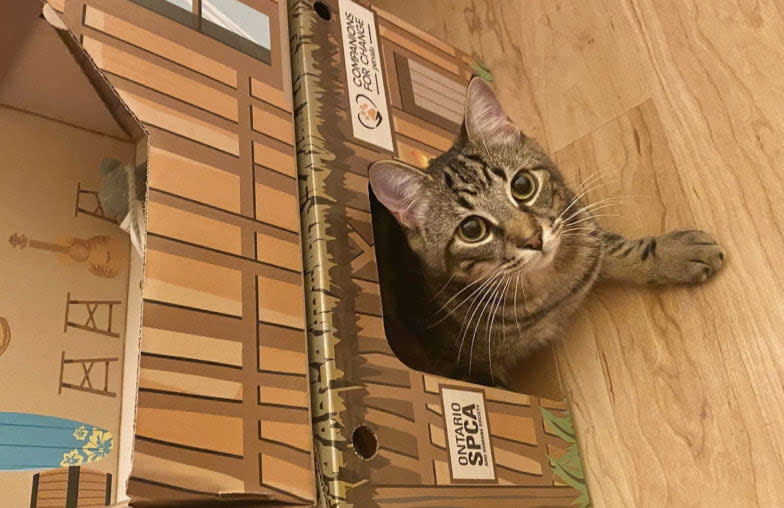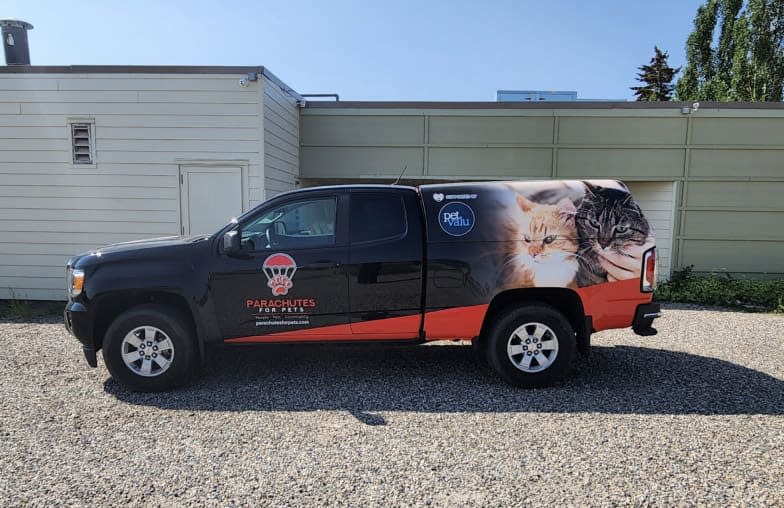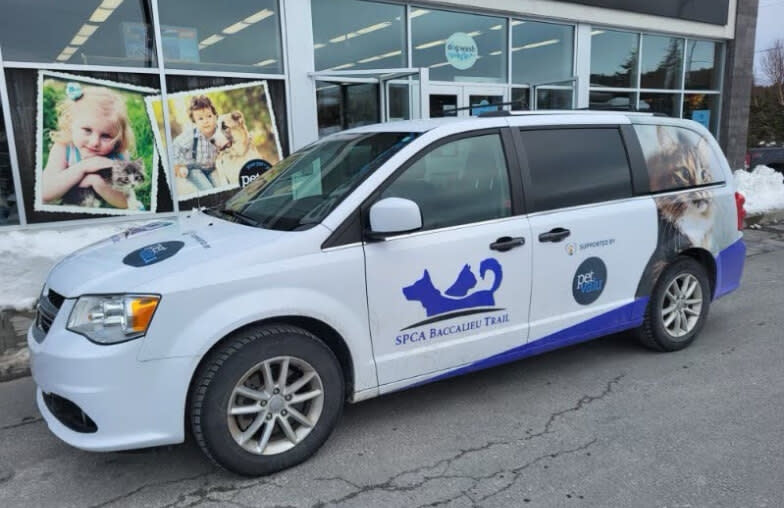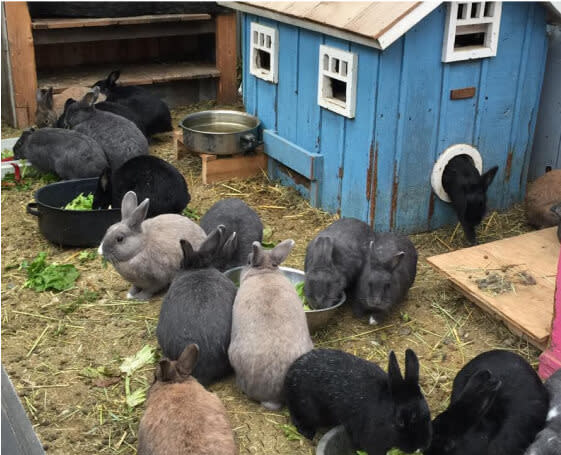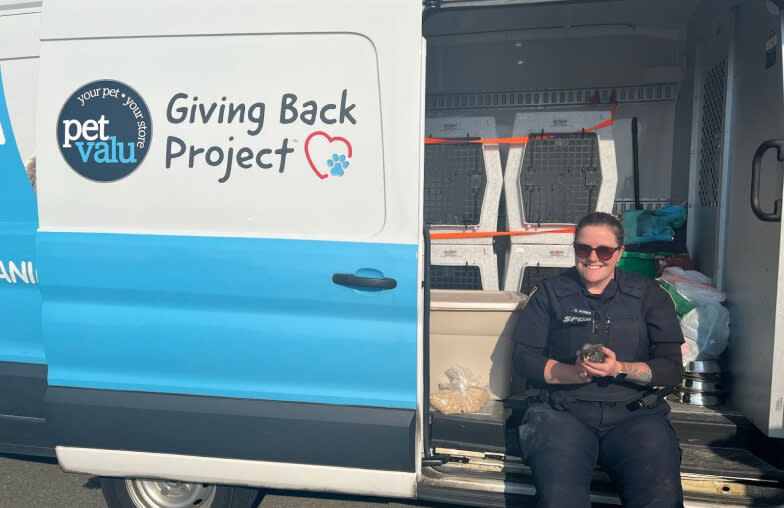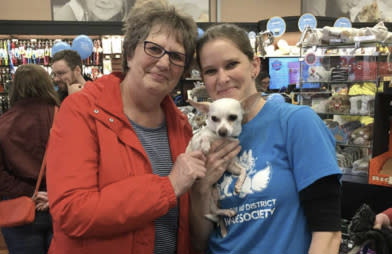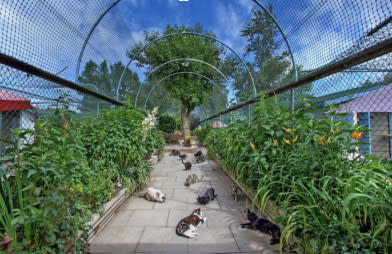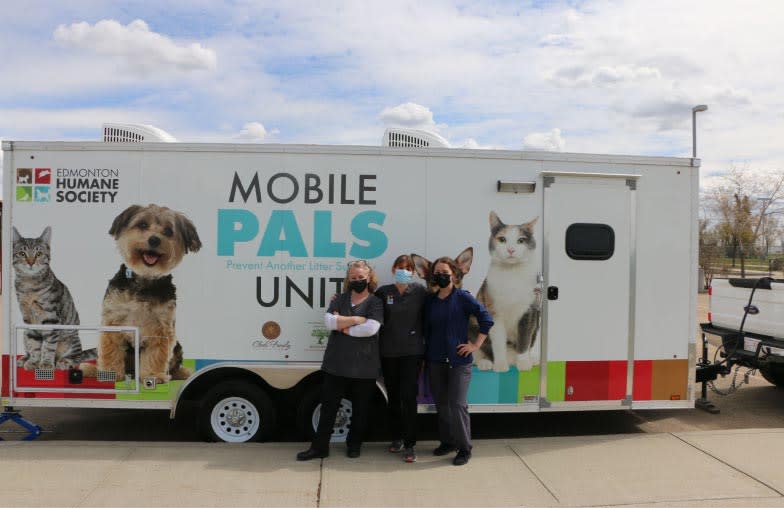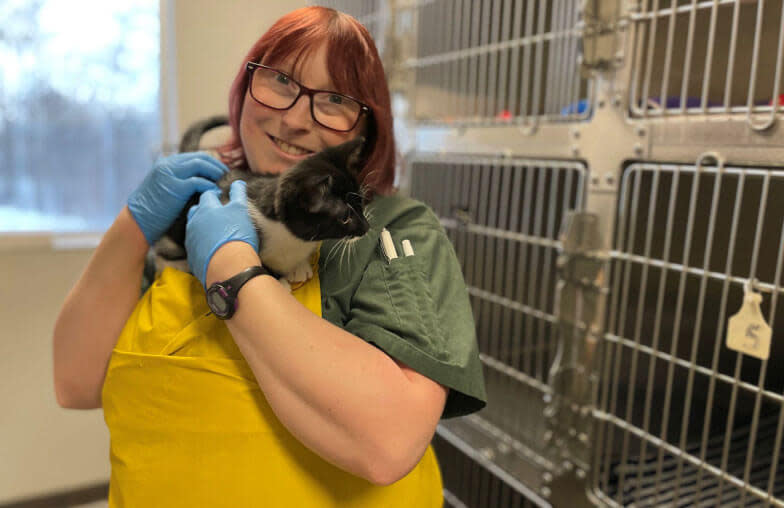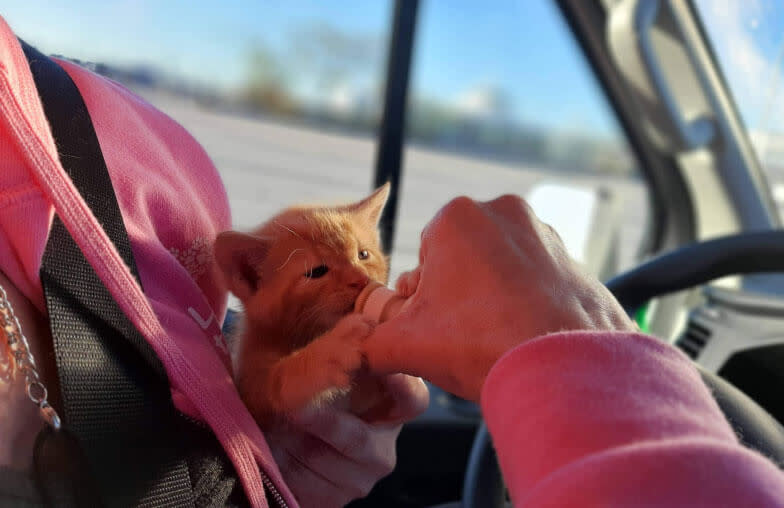Meet the Canadian Animal Task Force, a Pet Valu Companions for Change™ supported charity

Based in Alberta, the Canadian Animal Task Force’s goal is to promote the humane management of cat and dog populations throughout the province. Their team of veterinarians and volunteers work together to host large-scale wellness clinics that offer spay and neutering services along with vaccinations and deworming treatments. Since 2007, the organization has performed nearly 30,000 spay-neuter procedures and partnered with local rescues to help find homes for more than 15,000 pets. Some of the most impactful work they do is in supporting communities in managing their feral cat population, which is currently a major issue for many Canadian municipalities. “A feral cat,” explains RJ Bailot, the Executive Director and Co-founder of the Canadian Animal Task Force, “is a cat that wants no human interaction. They’re usually hardly ever seen. They've been raised outdoors without any type of human interaction from the beginning. When left unaltered, then they'll just reproduce and those numbers can get quite high very quickly,” he says. “By having these humane programs where we can trap, neuter, and release,” says Bailot, “then we can help have a stable, healthy cat colony.” Bailot points out that many people are unaware of Canada’s large feral cat population because of their propensity to stay out of view. “But if you reach out to any of the local organizations,” he says, “I can assure you that they're probably getting calls on a regular basis from people who are concerned about the cats and wanting to make sure that something's happening.” At the beginning of the organization’s journey, they were working in just one Southern Alberta community. Today, their outreach extends to over 20 First Nations communities in the province and many urban areas, too. “With our programs,” says Bailot, “it's really fundamental to us that anything we do is humane. So we want to make sure that we have a positive impact. That's both humane for the animals, but also something that the community supports, and continues to make happen.” With the support of Companions for Change, the group has been able to purchase two vehicles capable of transporting their wellness clinic equipment to more remote locations in Alberta in order to run spay/neuter clinics in places that wouldn’t normally have access to the required resources and veterinary expertise. “Our hope is that at some stage, programs like ours aren't needed,” says Bailot. “But we realize we're far from that.” The organization’s short term goals include getting more exposure to attract more donors, more volunteers, and encourage more community involvement. “It's not a cat or dog issue,” he says, “it's a people issue. These things need to be community-driven. We hope that more people will get involved so that down the road, we're going to see fewer animals that are without homes.”








































